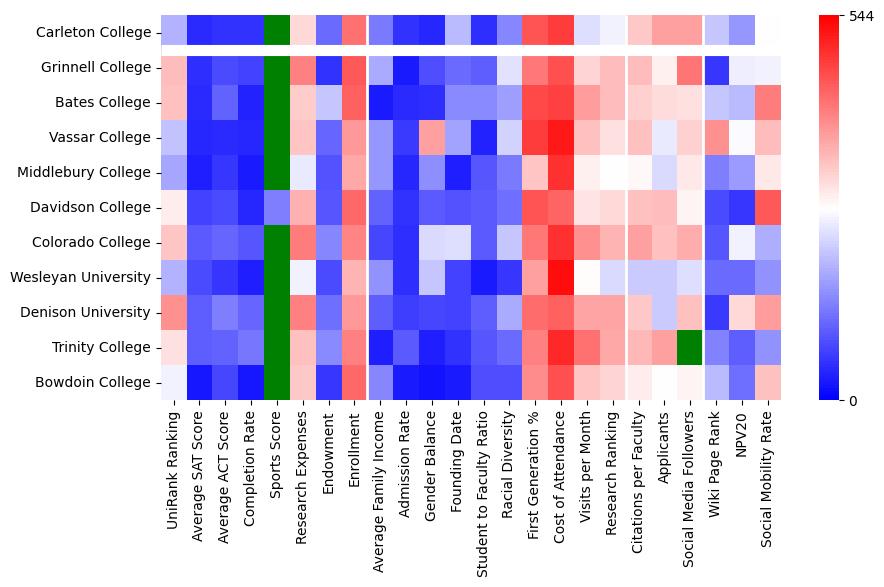Carleton College, established in 1866, is a private liberal arts college located in Northfield, Minnesota. Known for its vibrant intellectual community, the college has consistently maintained a strong reputation as one of the top liberal arts colleges in the United States. With a focus on undergraduate education, Carleton has a small student body of approximately 2,000 students, which fosters a close-knit campus atmosphere. The college's picturesque 1,040-acre campus is home to historic buildings, modern facilities, and the scenic Cowling Arboretum, providing students with both a rich academic environment and abundant natural beauty.
What sets Carleton College apart is its commitment to fostering a culture of curiosity and collaboration. The college prides itself on encouraging interdisciplinary studies and critical thinking, preparing students to tackle complex global issues. Carleton's trimester system allows for an intensive and focused academic experience, where students can delve deeply into a wide range of subjects. The college is also known for its quirky traditions, such as the annual Rotblatt softball game and the student-run radio station, KRLX, which enhance the sense of community and belonging on campus.
Academically, Carleton College is renowned for its rigorous programs and distinguished faculty. The college offers 33 majors and 15 concentrations, with particularly strong programs in sciences, social sciences, and the humanities. Biology, Computer Science, and Political Science are among Carleton's standout departments, recognized for their innovative curricula and research opportunities. The college also emphasizes experiential learning, encouraging students to engage in internships, off-campus study programs, and collaborative research projects, ensuring a well-rounded and practical education.
Despite its many strengths, Carleton College does face some challenges. The college's remote location can be a drawback for students seeking easy access to urban amenities and diverse cultural experiences. Additionally, while Carleton's small size fosters a tight-knit community, it may limit the breadth of course offerings and extracurricular activities compared to larger universities. However, the college continues to strive for inclusivity and diversity, working to expand its reach and resources to better serve a broad range of students.



